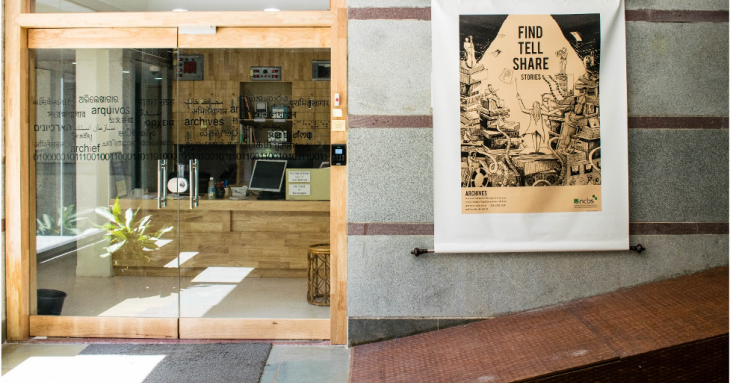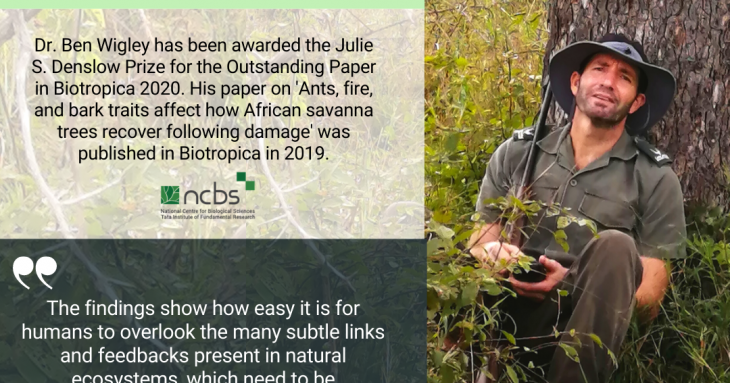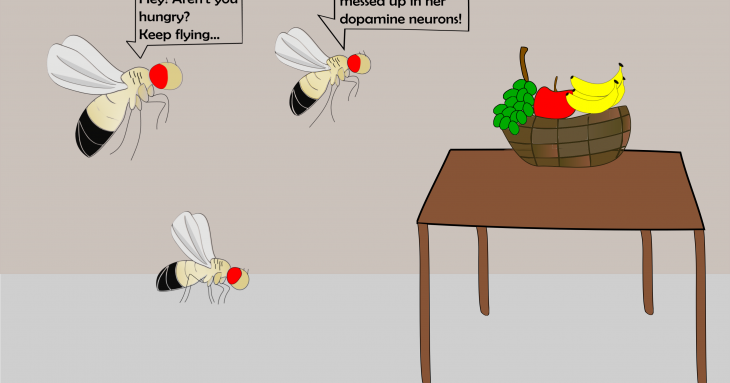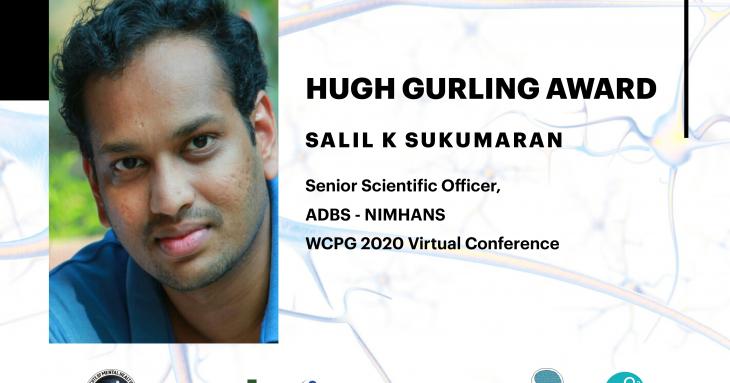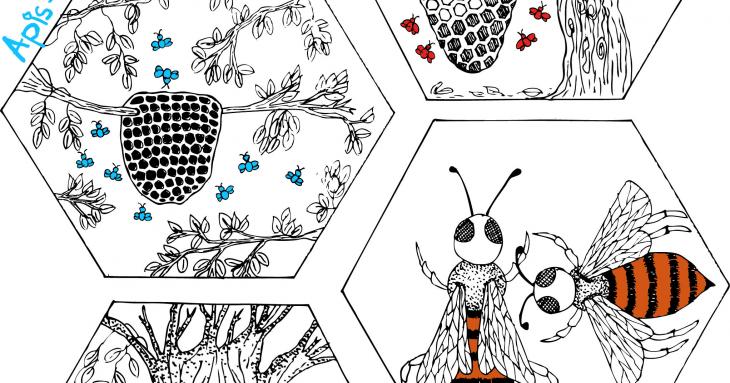-
Archives at NCBS Obaid Siddiqi Chair in the History and Culture of Science
TNQ Technologies supports the Archives at NCBS to establish a landmark chair in the History and Culture of Science
-
Protected areas mostly lacking for rare, small wild cats
While India focuses on the habitat losses of large mammals, some smaller wildlife may be slipping through the cracks in protection programmes. A new study has found that only a minuscule percentage of the habitat of four species of small and rare wild cats are protected.
-
Congratulations! Dr. Ben Wigley awarded Julie S. Denslow Prize for the Outstanding Paper in Biotropica 2020
Dr. Ben Wigley has been awarded the Julie S. Denslow Prize for the Outstanding Paper in Biotropica 2020. His paper on 'Ants, fire, and bark traits affect how African savanna trees recover following damage' was published in Biotropica in 2019.
-
A neuronal cocktail for motivation
‘A journey of a thousand miles begins with a single step’ is a popular adage that talks about the initial thrust required to embark on a task. However, once begun, how do we persevere on the job and not let it fall apart like a New Year resolution? How do we stay motivated?
Well, these are not just philosophical deliberations, but compelling science projects for neuroscience aficionados. Scientists have in fact been on the lookout for the neuronal and molecular players which are at the root of governing motivation.
-
Dr. Salil Sukumaran of ADBS Program Receives the Prestigious Hugh Gurling Award in World Congress of Psychiatric Genetics (WCPG), 2020
The Google search for ‘bipolar disorder’ usually shows us the result as ‘this is a mental illness marked by extreme shifts in mood’, and that ‘the exact cause is not known but is believed to be a combination of genetics, and altered brain structure…’ But why or how is
-
Loss of smell, taste clear clue to COVID
Read about the global survey on the loss of sense of smell and taste in people with COVID-19. Dr. Shannon Olsson is part of the consortium studying this.
-
Bengaluru lab discovers Sensei, an iron-sensing RNA
A lab at the city-based NCBS has discovered iron-sensing RNAs called Sensei.
-
Scientists find commonality in bees’ famed 'Waggle Dance'
New research by a lab run by Dr Axel Brockmann at NCBS shows that in spite of differences in the behaviour of the dancer, the bees following this dance observe the dancer from identical vantage points and respond to the information with similar behaviours.
-
The honey bee dance: Different moves, one message
It is early in the morning. Ebi and his colleagues try not to twitch as they stare intently at a rectangular box filled with sugary treats. These aren’t for them, but for the honey bees that they study. The tiny buzzers toggle between the sugar ‘feeder’ and the hive, which are a few metres apart. Interestingly, the bees that visit the feeder aren’t secretive about this new found food source. They graciously advertise its location to their nest mates and over time more bees are seen buzzing to the feeder.


